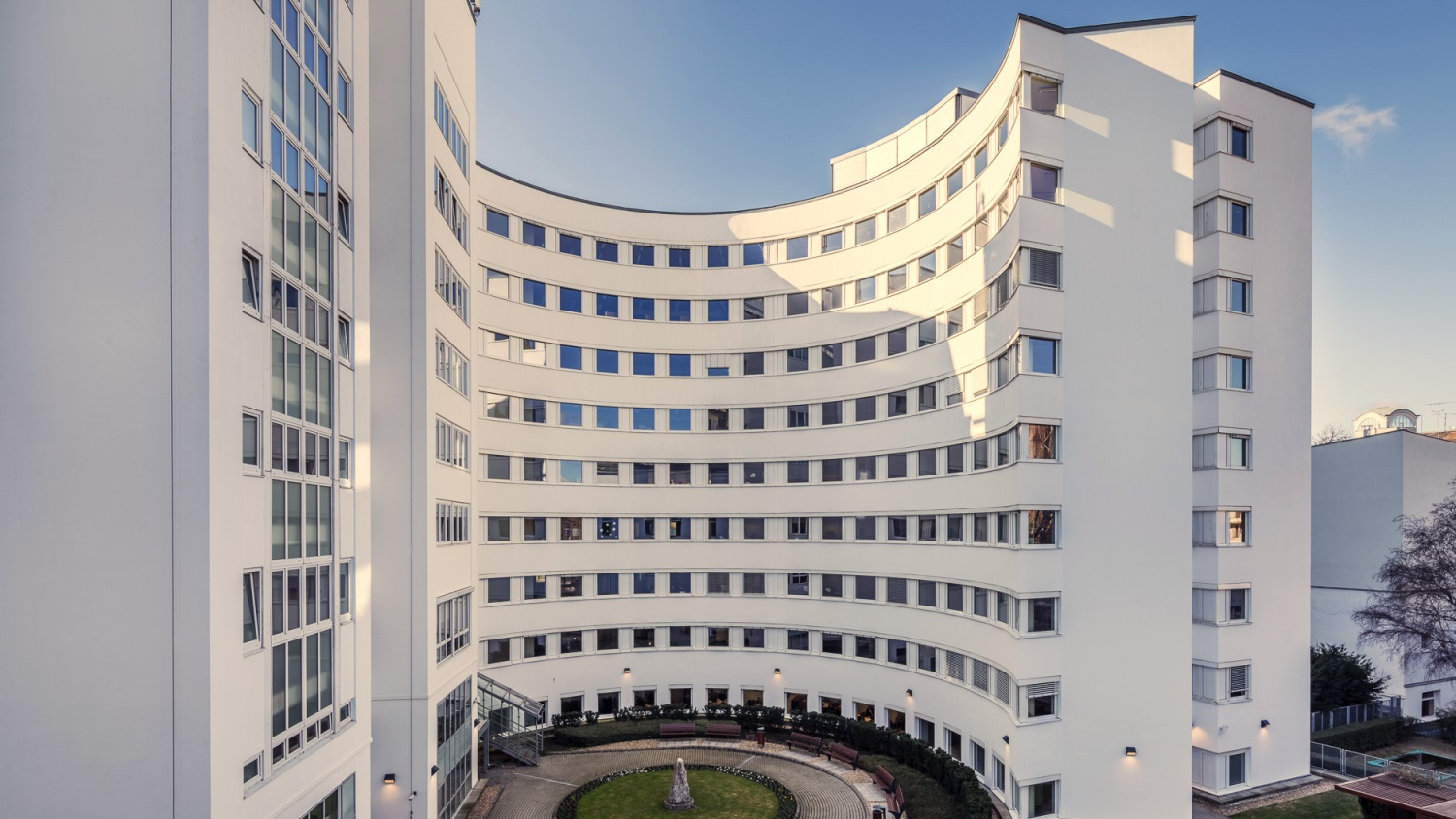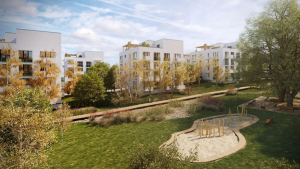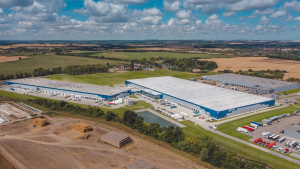
For Vienna-based investor GalCap Europe, last year was a busy one with three additional deals closed compared to 2019. Managing Partner Paul W. Hallam talked to Property Forum about the experiences of last year and shared the company’s investment strategy for 2021.
How has COVID-19 affected your operations so far? Were you able to execute your investment strategy as planned in 2020?
It goes without saying that COVID has been a game-changer for the property industry. As far as activities at GalCap Europe, we broadened our focus and strategy in 2020 and our workload and output accelerated. At the beginning of the crisis, our investors agreed with our assessment that the pandemic could apply some pressure on sellers to trade assets at potentially lower expectations than in previous quarters, so our efforts doubled during the first lockdown in March. This resulted in closings in Budapest, Warsaw and Vienna before year-end.

Paul W. Hallam
Managing Partner
GalCap Europe
Paul Hallam is a Managing Partner of GalCap Europe, focusing on asset acquisition and management of real estate assets in the CEE region. His past background with Washington, DC-based real estate developers, and executive positions within global Fortune-500 Companies, ensure that GalCap Europe fully executes on the special requirements of our clients in this region. In addition to CEE activities, Paul manages GalCap Europe’s relationships from the USA and Great Britain, reconciling the complex international requirements of each client.
More »How have travel restrictions changed your decision-making process? Was starting and closing new deals more difficult last year than it was in 2019?
The partners in GalCap are routinely travelling throughout Germany, Austria, and the CEE. We typically meet our CEE local partners and property managers every few weeks. We took the government’s advice seriously and stopped travelling early in the first lockdown and immediately reverted to online web-based meetings. We carried these out from our office in Vienna and from our home offices. Our partners did likewise, and so we became familiar out of necessity with a variety of platforms, such as Teams, Hopin, and Zoom.
What we benefit from the most at this time is the clear trust that our clients place in our analysis and deal presentation. Because of this, for example, when we are forced to revert to virtual tours and video conferencing during due diligence, our clients knew they were receiving a clear view of the different aspects of each deal. We actually closed three additional deals in 2020 over 2019, which created a very busy final quarter for us.
A key factor to the success of 2020 and our 2021 targets is our careful organization of the deal analysis in-house, and the clear buy-in to our process from our partners and investment committees, many of whom were required to join multiple conference calls and video calls often with very short notice, and often during unusual hours of the day. Because of this level of trust and two-way cooperation, the work of the virtual due diligence, contract negotiations and other complex communication flowed quite smoothly and led to positive outcomes.
Has the pandemic changed the preferences of your clients in terms of asset classes or risk awareness?
We see, as you do, that the crisis has impacted various asset classes differently. Retail and hotels, where GalCap has – so far – limited exposure, have been hit hard. Restaurants, fitness studios and some shops in our buildings have been locked down (in some cases) for nearly a year, while industrial assets have remained relatively stable. Office and multifamily real estate continue to evolve through the crisis. Our long-term view is that apartments have outperformed other property types due to the basic societal need for places to live. We expect that to remain the same despite short-term impacts of rent collection challenges and vacancy rates - performance factors in the best of years.
Fortunately, we have focussed on one hand on yielding commercial office buildings in good locations either close to, or directly adjacent to, city centres in capital cities. We have always looked at assets with limited retail exposure, generally, with the view that the world moves each year towards an online marketplace. We expanded our portfolios in Budapest and Warsaw, and these new acquisitions are performing to our expectations, notwithstanding some handholding with tenants impacted by COVID.
Overall, we continue to keep the focus on income generation from a diverse mix of tenants within properties where we can use intelligent asset management strategies to improve returns. At the same time, we are taking an active hard look at logistics for our investors. Most recently we have been asked to evaluate hotels for investors looking at purchasing both classical hotel assets as well as management agreements, all within the understanding that price adjustments will, in some cases, be easier to digest due to the extreme COVID pressures in that sector.
How do you expect financing conditions to change over the next 12 months?
Our view, at this moment, is that capital remains plentiful. Prior to COVID, it was clear that capital was already available to deploy, and the pandemic managed to place a sense of urgency on that.
We do not see any immediate changes to the current low interest rates, and we believe now is the time to take advantage of that. However, many of the deeper impacts remain to be fully seen as we manage assets and portfolios back into a cautious post-COVID normality. We need to see the full effects of the government mitigation measures which have included everything from tax and insolvency deferrals to moratoriums on rent collection. We anticipate intensive periods of work on the horizon as we navigate simultaneously the changing layout, specifications and fit-out investment needs of our tenants and the changing return and risk requirements of our investors.
What are your investment market expectations for 2021? Do you expect to see stronger activity than in 2020?
We have already seen intense competition for projects in nearly every asset class in Vienna and in larger Austrian secondary cities in the last quarters of 2020, and we do not expect this to ease in 2021. Cities which are centres for government, education and the arts will be some of the first areas to recover to a larger degree from the negative social and business effects of COVID. Most of these cities will likely see an increase in vacancy, however, we believe this will remain in the lower single digits, leading to competition among offerings, with greater incentives requested and investment required. In addition, delayed development may limit the increase in vacancy, which could create some shortages in prime space in the immediate term where development generally feeds the growth of supply.
What kind of investment opportunities are you looking for this year? Are you considering entry into new locations?
We are actively pursuing ground-up residential development in Vienna and the larger secondary cities in Austria, and well-located yielding commercial office space in the capital cities in Austria and CEE, with a particular focus on Budapest, Warsaw, and Prague. At the same time, we are evaluating logistics in the German-speaking region and – new for GalCap in 2021 – hotels in Austria and the CEE.



